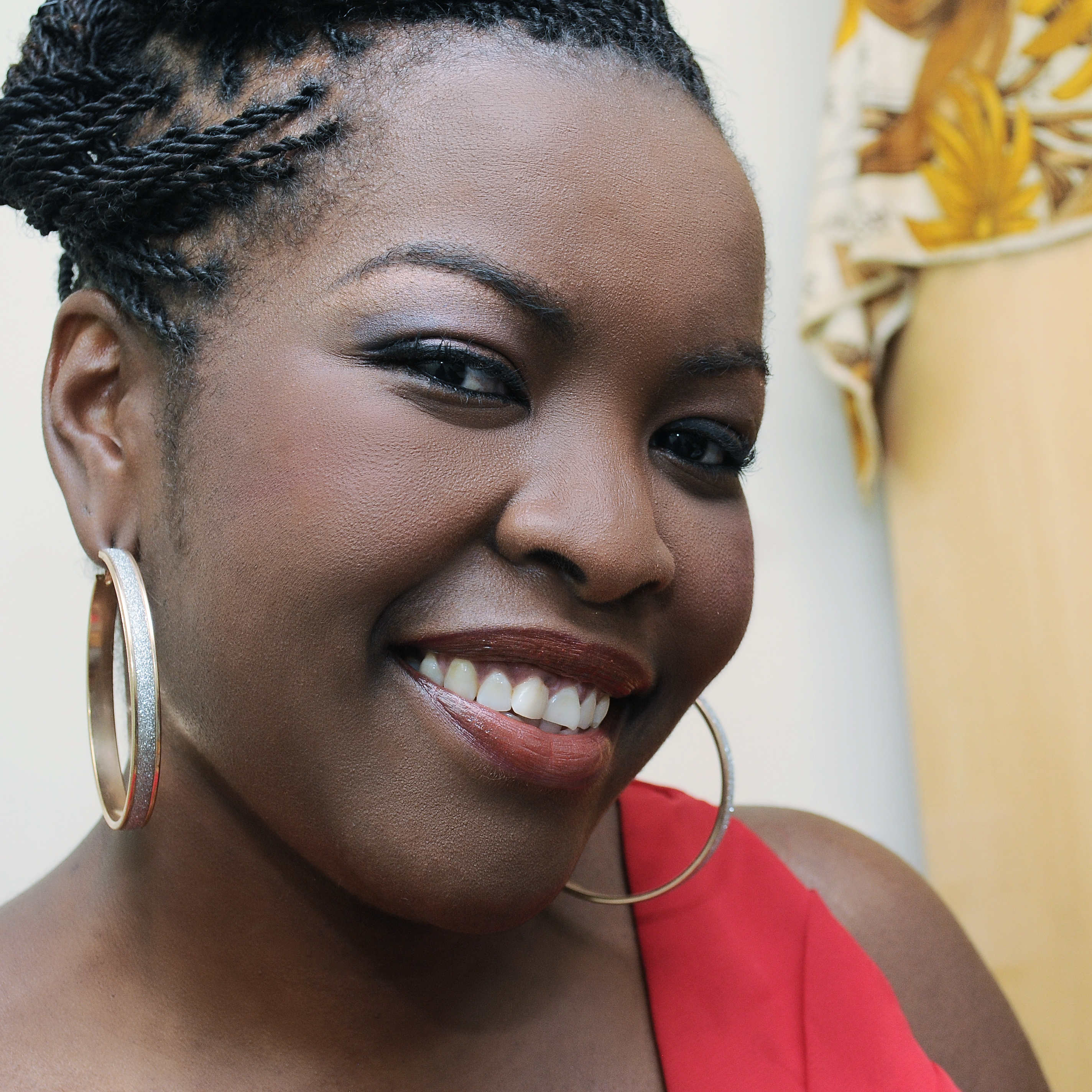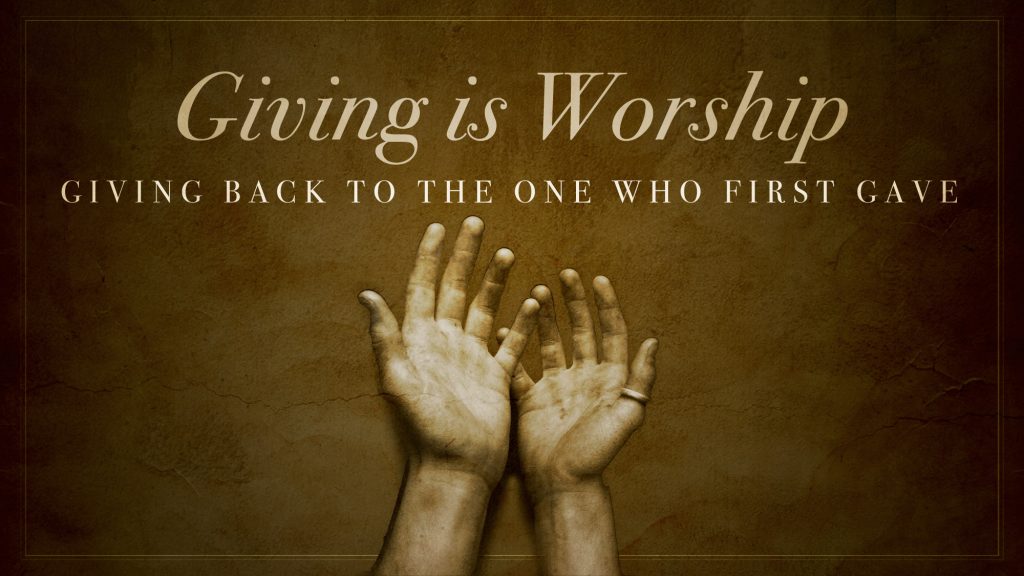
One night 15 years ago, I experienced what I can only refer to as the most terrifying moments in my life. I was stationed in Freetown, Sierra Leone, and fresh out of college. Sierra Leone was just emerging from years of civil war and strife. “Are you sure you want to go there?” I kept hearing the question over and over from everyone who heard my plans. “Is it safe?” Is anywhere safe? I made the move anyway. There were after all humans living there right? And humanitarians go where humans need them to go. I am a humanitarian!
That night, lying in bed on an August night, my housemates both away on leave, I had fallen asleep to the sound of rain hitting the roof of the apartment we shared. Suddenly without warning, all the sockets in the house sparked and what followed can only be described as the most terrifying sound of thunder. I wasn’t ready. I had been warned about the monsoon rains but this, this was the stuff of movies. Was the city under siege? Was that an RPG* that just landed in my room? Just thunder, thankfully.
Yet these sounds, the RPGs and flying bullets had been the norm for the population in Sierra Leone for years. Children were born listening to these sounds. They walked to school in fear and returned in fear. Their parents were afraid. No one knew what their lives would look like the next minute. We, who have grown up in peace, take this for granted. We make plans for the evening, the week, and the next month. We plan birthdays months in advance and decked-out office Christmas parties. We get into our cars and drive off expecting to arrive at our homes, offices, restaurants, with no event. Somewhere else in the world (or even in the same country), someone looks at their children and wonders if this will be the mental picture they carry with them to the next world – or to the next day if their children do not live.
 So a group of us, humanitarian workers or just humanitarians, roll up our sleeves and tuck away our fears and inhibitions. We travel across the world, to try and help these humans live decent and acceptable lives. We leave our children in the care of others to take care of those no one would care for. We leave our families miles away, and say prayers for them, while we come and take care of families that would otherwise have no hope. “I hope they are paying you enough!” No, no one can pay you enough to leave your family unprotected so that you can protect another family. No amount of money would be enough when a gun is held to your head, or when bullets come flying through your accommodation.
So a group of us, humanitarian workers or just humanitarians, roll up our sleeves and tuck away our fears and inhibitions. We travel across the world, to try and help these humans live decent and acceptable lives. We leave our children in the care of others to take care of those no one would care for. We leave our families miles away, and say prayers for them, while we come and take care of families that would otherwise have no hope. “I hope they are paying you enough!” No, no one can pay you enough to leave your family unprotected so that you can protect another family. No amount of money would be enough when a gun is held to your head, or when bullets come flying through your accommodation.
That thunder rumbling through the skies in Freetown would end up coming at the very bottom of things that impacted me in my work as a humanitarian. There would yet be the 2 year old who fell from the 3rd floor of a building that I would carry in my hands as we whizzed past traffic to get him to hospital. There would be the desperate plea for an evacuation of a child on the brink of death from cholera – in an area inaccessible by night. There would be the rows and rows of shelters at a protection of civilians’ site – terrible conditions for people too afraid to venture out in their own country.
Humanitarians most times act as a buffer between life and death for many, many of the world’s people. The helplessness you feel when that buffer isn’t enough, is real. There are many instances when the body wants to rest but the heart wants to go on – When you are well aware that you are the only thing standing between someone and their next meal or their health, or their livelihood. Humanitarian work is noble. It is a calling for many of us. Most of all, it’s a sacrifice. For God and for humanity!
Story by J Adongo Ligare | Class of 2002 | Public Information Officer/Team Leader |UNMISS

